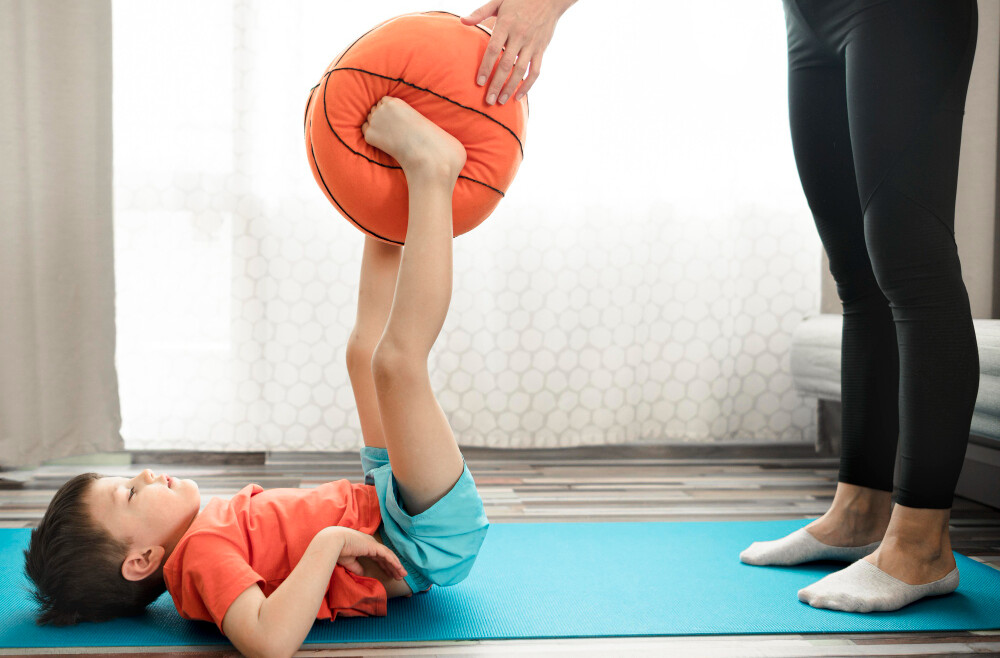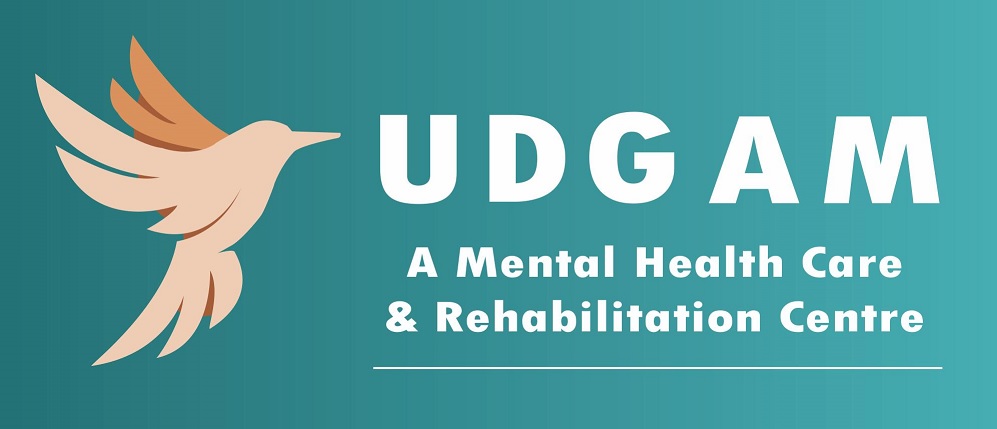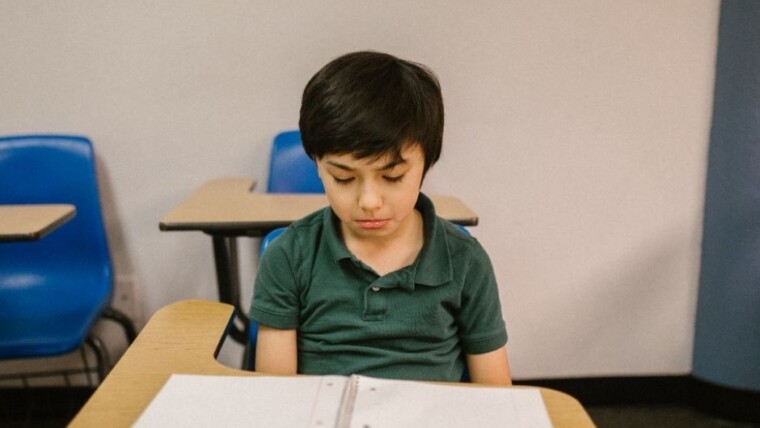Pediatric Occupational Therapy
Pediatric Occupational Therapy (OT) is a specialized branch of occupational therapy that focuses on helping children and adolescents develop the skills they need to participate in daily activities and reach their full potential. Occupational therapists who work with pediatric populations are trained to address the unique needs and challenges faced by children and young people, from infancy through adolescence.
Here are some key aspects of Pediatric Occupational Therapy:
Developmental Milestones: Pediatric OTs work with children to help them achieve age-appropriate developmental milestones. This can include physical, cognitive, sensory, and social-emotional milestones.
Assessment and Evaluation: Therapists assess a child's abilities and limitations in various areas such as fine and gross motor skills, sensory processing, self-care skills, play skills, and school-related tasks. They may also consider the child's environment and how it impacts their daily life.
Individualized Treatment Plans: Based on their assessment, pediatric OTs develop individualized treatment plans to address specific areas of need. These plans are tailored to the child's age, abilities, and goals.
Intervention Techniques: Therapists use a variety of techniques and activities to help children build skills and overcome challenges. These may include therapeutic play, exercises, sensory integration therapy, fine motor activities, adaptive equipment, and more.
5. Sensory Processing: Many pediatric OTs specialize in sensory processing disorders, which involve difficulties in processing and responding to sensory information. They use sensory integration techniques to help children regulate their sensory experiences.
6. Collaboration: Pediatric OTs often work closely with other healthcare professionals, educators, and parents to ensure that the child's needs are addressed comprehensively. They may provide recommendations for adaptations in the home, school, or community settings.
7. Conditions Treated: Pediatric OT can benefit children with a wide range of conditions and challenges, including autism spectrum disorders, attention-deficit/hyperactivity disorder (ADHD), cerebral palsy, sensory processing disorders, developmental delays, fine and gross motor difficulties, and more.

8. Functional Independence: The ultimate goal of pediatric OT is to help children become as functionally independent as possible in their daily lives. This may involve improving self-care skills, school performance, social interactions, and overall quality of life.
9. Early Intervention: Early intervention is a critical component of pediatric OT. Identifying and addressing developmental challenges early can lead to better outcomes and improved long-term functioning for children.
Use of Occupational Therapy - OT
The use of occupational therapy in rehabilitation of children with developmental delays. OT is recommended for kids with; 1. Developmental disorders, 2. Poor attention, 3. Hyperactivity, Restlessness, 4. Dysgraphia or poor handwriting, 5. Poor muscle strength, 6. Poor Balance, 7. Hypersensitivity and hyposensitivity, 8. ADHD, 9. Compromised motor skills.
Activities in Occupational Therapy
Given below are some activities that are used in OT to help children learn new skills or strengthen any deficits. Sensory Diet is an important concept when it comes to planning a session for a child. 1. Deep massage, 2. Weighted blanket or pillow, 3. Gentle rocking movements, 4. Stimulating toys to engage the mind, 5. Sit in a room without harsh lights and noise, 6. Basic yoga to get excess energy out, 7. Swinging with a slower speed, 8. light dancing, 9. Light Music and other activities.
Pediatric Occupational Therapy plays a crucial role in helping children with a wide range of challenges to develop the skills they need to succeed in life. It is a holistic approach that considers the physical, cognitive, emotional, and environmental factors that influence a child's development and participation in daily activities. to know more about child occupational therapy follow our website click here.




